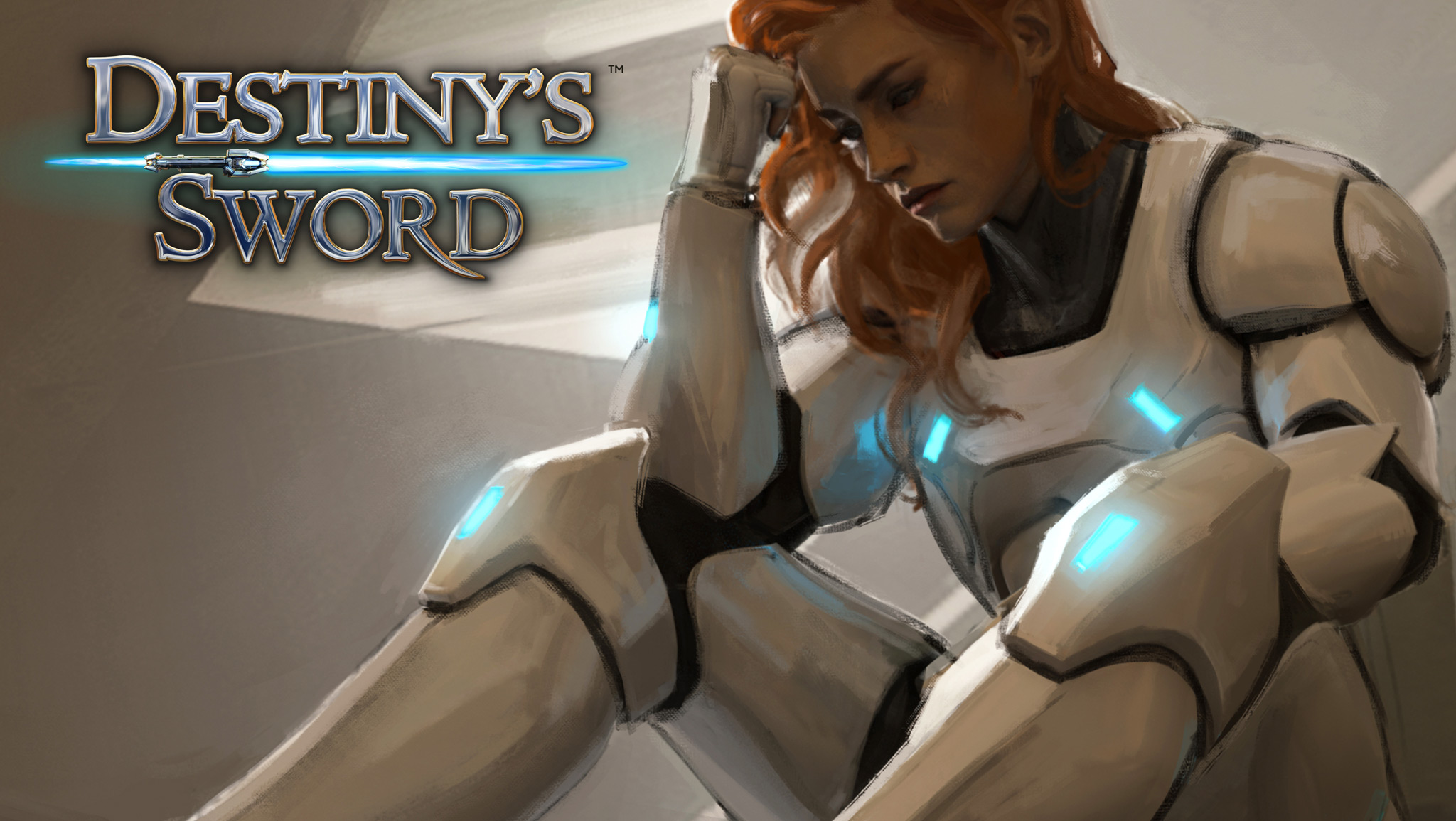Many of today’s games often promote narcissism and anti-social behaviours. The worst examples exploit players, forcing them into vulnerable and uncomfortable positions in order to make them easier to monetize; harming players’ physical and mental health and creating resentful, aggressive and toxic online communities.
It seems that lately we’ve seen more and more high-profile warnings about the negative impact of video games, including Prince Harry’s condemnation of the popular video game Fortnite.
Many games have in fact adopted dark lessons learned from the advertising and casino industries.
The most obvious connection between games and casinos is the adoption of straight-up gambling mechanics such as “loot boxes,“ “portals,“ and “eggs.“ These are usually in-game items that players can purchase in exchange for real money, which when opened or activated, give players a small chance to receive over-powered game items. They are in effect, slot machines.
But many game companies often implement more complex behavioural conditioning techniques such as “threat generation” in order to maximize a player’s time in-game. Threat generation often puts the player in situations such as “unless you log on regularly, your crops will die”, or “you can be attacked and lose progress when offline”. This type of game is often easy to spot because they almost always sell a “shield” that allows a player to sleep normally in return for real money.
Another exploitative technique being used is “fun pain”. This is the practice of encouraging consumers to spend money by making them increasingly uncomfortable if they don’t. Often when a player demonstrates a willingness to pay to avoid discomfort they are confronted with an even bigger discomfort in a never ending cycle. These games usually try to sell players “boosts” that help them “just get over the hump.”
Perhaps one of the most invasive exploitation techniques, especially in online games, is “pay to win.” Pay to win occurs when one player is able to pay money to gain a competitive advantage over other players.
With each purchase pay to win empowers one player, while disempowering the other players. It’s an inverted pyramid – all the purchases other players make negatively affect every other player. In order to keep up, a player must not only spend, but outspend the combined effect of all the other players’ purchases!
Players in a pay to win game are ultimately far more often disempowered than empowered, and because spending harms everyone else, it also generates great resentment between players and encourages toxicity in the gaming community.
Video games also have enormous potential to be positive social influences.
Look at some of the examples of the powerful effects games have had on peoples’ lives as captured by Scott Jones in his podcast Heavily Pixelated.
Can a video game bring people together and create meaningful social interaction? Can playing games be a healthy experience?
Throughout history, games originally served as a means to bring people together, acting as a vehicle for social and physical interaction. In the best cases, such as the Olympics, they provided a venue for people with different perspectives to come together and share experiences. This improved social bonding, happiness, and mental health.
For the majority of our existence, we acted cooperatively to improve our chance of success and then shared the fruits of our labors with our community.
Video games can encourage this kind of positive social interaction by promoting interdependence, rewarding interaction and ensuring accountability among players.
It turns out, this may be best practice both ethically AND commercially.
Creating healthier online gaming communities results in better social cohesion, increased player retention and higher levels of organic user acquisition as satisfied customers tell their friends about their positive experiences.
At 2Dogs Games, we’re working together with veterans and mental health experts to build Destiny’s Sword, an online game which explores mental health and the long term consequences of conflict.
Destiny’s Sword promises a healthier gaming experience, cultivating empathy and cooperation as players work together to manage the mental health of their squads.
We’ve teamed up with some great organizations to help guide us along the way:
Take This is a mental health charity. Their mission is “to decrease the stigma, and increase the support for, mental health in the game enthusiast community and inside the game industry.”
Alda Communication Training was founded by renowned actor Alan Alda. Their mission is “to develop the qualities of authenticity, clarity, and empathy as the foundation of powerful communication.”

Spartan Wellness serves current and ex-military personnel in Canada. Its mission is “to ensure consistent and outstanding delivery of services through integrity, honesty, respect and giving back with a focus on those in uniform and their families who served and still serve Canada.”




